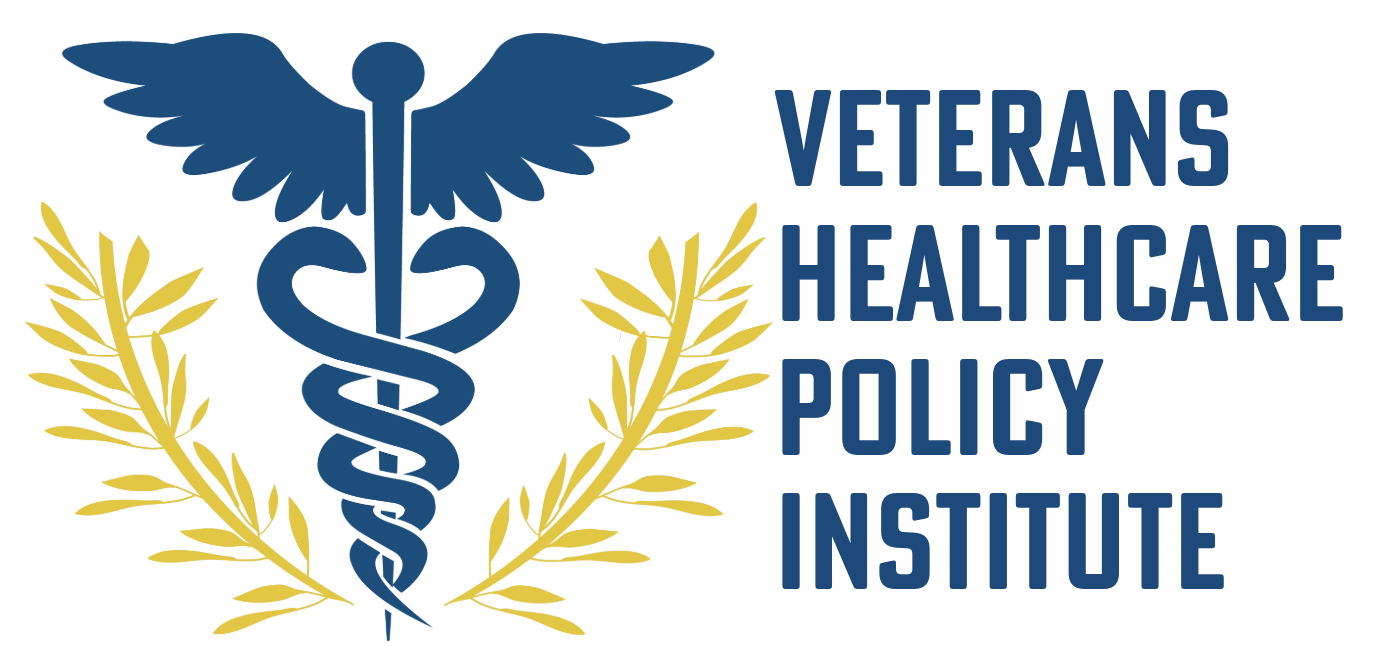How VA Cuts Damage Women Veterans
Kayla Williams is a 49-year-old Iraq combat veteran who’s received mental health therapy at a Veterans Affairs (VA) Vet Center. In 2023, when she discovered that her Vet Center therapist had resigned, she switched to a virtual therapy group for women veterans who have experienced military sexual trauma (MST).
Williams knows her way around veterans’ health care. During the Obama administration, she served as the director of the Department of Veterans Affairs’ Center for Women Veterans. She’d always found a supportive atmosphere at the VA, but the therapist running her MST group also left the system. So she decided to seek help from one of the many private-sector therapists who contract with the Veterans Community Care Program, a private sector network established after the enactment of the VA MISSION Act of 2018.
At her first appointment her new therapist asked a routine question: “So, what brings you here?”
Williams gave her usual answer, “Well, I’m dealing with this and that and MST.”
“What’s MST?” the therapist asked.
One out of three women veterans has experienced some form of sexual harassment or assault during military service. Every VA mental health provider is required to take basic MST training and some specialize in this area.
“This immediately destroyed any trust I could have had in the provider,” Williams says. “You’re taking referrals from the VA to care for veterans, and you don’t even bother to have the minimum amount of clinical or cultural competency. You’re essentially asking your patient to train you.” She quickly decided that “I’ll just wait for a VA therapist who understands.”
In a new dispatch for The American Prospect, VHPI Senior Policy Analyst Suzanne Gordon delves into the VA’s specialized efforts to treat female veterans, and how this care and expertise is virtually non-existent in the private sector.
Read her full piece here.

